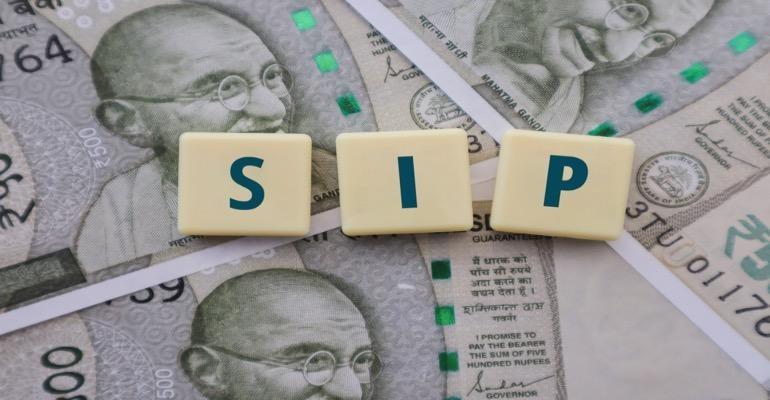Over the past few years, millions of Indian investors have chosen to invest in Systematic Investment Plans (SIP) for their ease of investment and flexibility. However, some investors consider ‘bear markets’ to be a bad omen for their investment success. A bear market refers to a market condition wherein the value of an index or security plunges over 20%, especially after a recent high.
As an educated investor, should you hold on to or sell off your SIP fund units to avoid losses? According to investment wisdom, staying invested in your SIP even during a bear market can bring you high returns in the long run. Let’s understand how.
Reasons to stay invested in SIPs even and especially during bear markets
All successful investors share a common trait – discipline. If you are in the market for short-term gains, you will likely make investment decisions based on its performance. Seasoned investors, however, make these decisions based on their risk appetite and goals. So, why does it make sense to stay invested in SIPs even when the market is witnessing a dull period?
• Rupee cost averaging
When you invest in an SIP, the fund buys stocks at both high and low prices – this is known as rupee cost averaging. The longer you stay invested, the higher your returns are over time. So, do not worry about bear markets since you are investing in a disciplined manner every month.
Bear markets, in fact, can be good news for disciplined SIP investors. Because of rupee cost averaging, when the market is down, the overall acquisition cost (of stocks) comes down. In the long term, this allows you to earn excellent returns. Even though a volatile market may be stressful for you, understand the concept of rupee cost averaging and stay invested in your SIP.
• The magic of compounding
Compounding means that the return you earn on an investment is reinvested to the initial corpus. This increases the overall investment corpus for the next compounding period – and you earn higher returns. Simply put, the longer you stay invested in the SIP, the more you earn due to the magic of compounding. Thus, even in a bear market, it is wise to hold on to your SIP units.
Additional Read: Safe investments to ride out market volatility
• SIP top-up
An SIP top-up is a facility using which you can increase your SIP investments by a certain amount at regular intervals. The best time to avail of this facility is the bearish market. Why? Simply due to the power of compounding. Since the money you make off your investment is reinvested in the scheme to generate higher returns, your aim should be to accumulate more units at a time of market low so that you can benefit later when the market starts rising again.
Do keep in mind that purchasing more units during market corrections only makes sense if you have a long investment horizon of at least 7 to 10 years. Only then will these small negative returns have no significant impact. In the case of short-term investments, the wise thing to do would be not over-invest in equity funds. Instead, you could pick balanced or hybrid mutual funds for shorter investment horizons.
As we can see, even in a bear market, it is wise to continue investing in SIPs. Find top-performing SIPs on Tata Moneyfy's mutual fund app. Use our personalised recommendations and identify the funds that best align with your investment goals.
Popular Searches
Learn Center
Mutual Fund Investment
Calculators
FAQs
Stopping SIPs in a bear market can be a missed opportunity, as lower prices allow you to buy more units. Those who continue investing during downturns accumulate a larger portfolio, benefiting when markets eventually rise.
Persisting with SIPs during market downturn ensures steady accumulation of units at lower prices, harnessing rupee-cost averaging to cushion volatility and optimise long-term returns.
During bear markets, government bonds and defensive stocks tend to hold up better. However, long-term investors should avoid making frequent portfolio adjustments during downturns. The crucial thing is to create a diversified portfolio and stay committed.
During a bear market, avoid panic selling and resist making drastic portfolio changes that could disrupt long-term gains. Ensure you have sufficient cash reserves to avoid liquidating assets at a loss, and continue SIPs or regular investments to take advantage of lower prices through rupee-cost averaging.
During a market crash, it's advisable to stay invested in your SIP, as the market tends to recover in the long run. Moreover, when prices are low, you purchase more units for the same amount, improving your rupee cost averaging.
You can stop your SIP if it doesn't meet your goals or performs poorly. Additionally, if you entered the fund without proper research or aren't satisfied with the fund manager's expertise, you can reconsider your SIP.
 3 mins read
3 mins read
 Previous Post
Previous Post


















